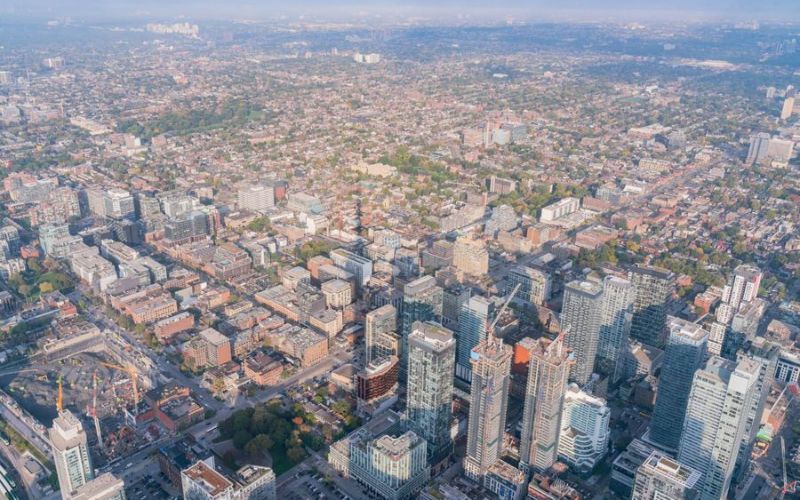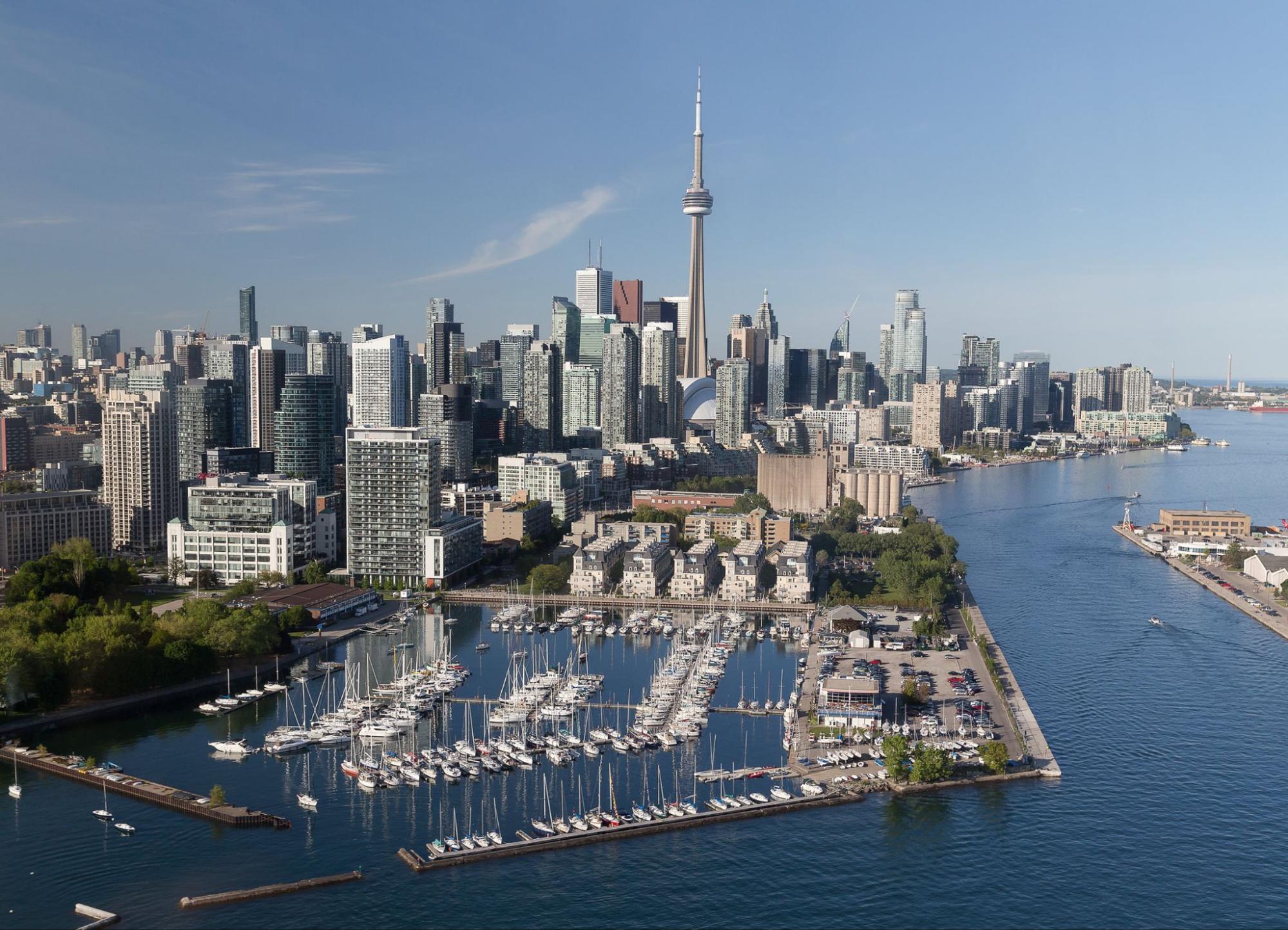Scores of baby boomers are retiring and, perhaps because of the COVID-19 pandemic, fleeing some of the most coveted neighbourhoods in Toronto, creating opportunity on the housing ladder in the process.
“The baby boomers are retiring in record numbers and leaving the inner suburbs for the outer suburbs or for townhouses,” , said about an exodus from neighbourhoods like Rosedale and Lawrence Park. “It’s part of a broad-based generational movement of people.”
Royal LePage has amassed a bevy of research on millennials over the last five years and determined that their dreams of homeownership—what Soper called “the Leave It to Beaver suburban [detached] home—are near identical to their parents’, and in Toronto, those homes can be found south of Highway 401.
“Toronto has a very well-defined 905 region, but there are also the inner suburbs,” he said. “The challenge is they’re the next to Vancouver and West Vancouver in Canada.”
Expensive but—thanks to a confluence of listings and historically low interest rates—not unattainable.
“Millennials are just now feeling the urge to move into detached housing, and there are more millennials in this country than any other demographic; more than baby boomers and considerably more than Generation X.”
In the United States, about 28.6 million baby boomers were retired in Q3-2020, 3.2 million more than during the third quarter of 2019, according to the Pew Research Center, which noted that pandemic-induced job losses likely played an outsized role. Between February and November, 1.1 million boomers retired in the U.S., markedly more than the 250,000 who retired between February and September 2019.
Although the number of retired boomers in Canada pales in comparison, the economic ramifications of the pandemic have played out similarly in both countries.
Just before the COVID-19-related lockdown began in March, a report was released by Mustel Group and Sotheby’s International Realty Canada about older Canadians’ housing aspirations, revealing that 60% of baby boomers and older adult homeowners in Toronto wanted to age in place for as long as possible, but that 33% would likely sell their homes for another primary residence. Of those expecting to sell, 78% intended to buy a replacement home.
Nationally, 36% of baby boomers and older adult homeowners believed they would be selling their homes, and given the demographic make up of Canada, that’s a substantial cohort.
“By 2024, it is expected that one in five Canadians will be over the age of 65. This monumental shift in demographics is introducing new needs and demands relating to urban aging into Canada’s largest metropolitan real estate markets,” Don Kottick, president and CEO of Sotheby’s International Realty Canada, said at the time. “Our research reinforces the fact that this generation will continue to be a dominating influence in our country’s key markets.”
In Toronto’s established inner suburban neighbourhoods like Yorkdale-Glen Park, baby boomers had already been leaving for the outer suburbs—places like Richmond Hill—before the pandemic, which Soper called a “super-accelerant,” began.
“Is there demand for suburban living? Absolutely. Has it increased? Absolutely. All because of the pandemic? Absolutely not,” he said. “We had mega trends already in place, and then the pandemic came along. It took this human migration trend that was underway, happening gradually, and it became a super accelerant.”
Neil Sharma is the Editor-In-Chief of Canadian Real Estate Wealth and Real Estate Professional. As a journalist, he has covered Canada’s housing market for the Toronto Star, Toronto Sun, National Post, and other publications, specializing in everything from market trends to mortgage and investment advice. He can be reached at neil@crewmedia.ca.









